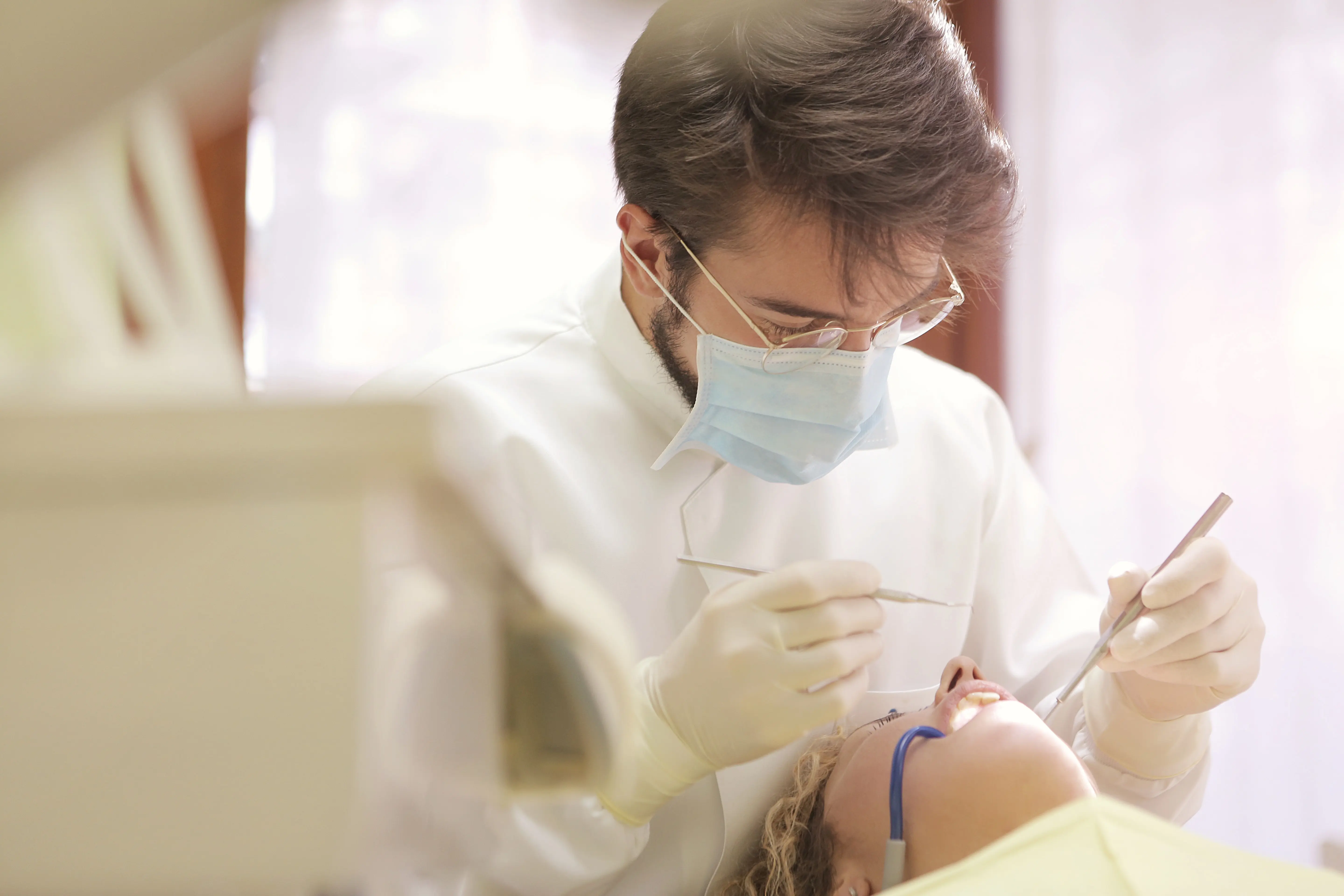
This is how the Dutch healthcare system works
If you need healthcare, in the Netherlands you always go to the GP first. The GP can refer you to other healthcare. Only in case of acute care can you immediately call the emergency number or go to the GP office. Read more about how healthcare works in the Netherlands.
Call 112 in the event of a life-threatening situation
If you or someone close to you is in a life-threatening situation, call 112. You will get an emergency operator on the phone. Explain the situation and answer the operator's questions.
The emergency centre can send an ambulance. The ambulance can take you or the person you are calling for to the hospital. The ambulance's doctors can also provide immediate medical assistance.
If the emergency centre does not send an ambulance, you will be told where you can go. For example, to the general practitioner's practice nearby. You will have to make your own transportation arrangements.
General practitioner
In the Netherlands, with non-urgent health complaints, you should always see your general practitioner first. This is the case if you are pregnant, need medical advice, or experience psychological problems such as sleep problems, anxiety and depressive thoughts.
For example, if you have a cold, you don't have to go to the doctor right away. You can get medicine at the pharmacy or drugstore. If the cold does not go away, you can make an appointment with your general practitioner.
Registering with a general practitioner
Before you can make an appointment with a general practitioner, you first need to register with a general practitioner in your area. If you don't know how to get to a general practitioner, ask your contact person at
If you are registered with a general practitioner, you can make an appointment. You call the doctor and then make an appointment via the assistant. You discuss the issue with the doctor during the consultation hour. The general practitioner can refer you to the hospital or to other specialist care.
Dentist
If you have dental complaints, you can go to the dentist. Even if you have no complaints, you can go to the dentist for a check-up. Most Dutch people go to the dentist for check-ups twice a year. Just like a general practitioner, you first need to register with a dentist.
Dental costs
Dental costs are not covered in the basic health insurance coverage. You can take out supplementary health insurance for this. If you don't have any, you have to pay all the costs for the dentist yourself.
Most dental costs for children up to 18 years of age are often covered by health insurance.
General practitioner acute care clinic
If the general practitioner's practice is closed, but your medical emergency cannot wait until the next day or after the weekend, call the general practitioner's clinic in your area. At the general practitioner's clinic, people are helped in the evening and on weekends, when the general practitioner is free.
During the phone call, an employee from the general practitioner's clinic will tell you whether you can come by or whether you would be better off making an appointment with your general practitioner. The general practitioner's clinic can also refer you to the accident and emergency department of a hospital.
Please note: always contact your general practitioner's clinic before going to accident and emergency - except in the case of a life-threatening situation. Then call 112 for an ambulance.